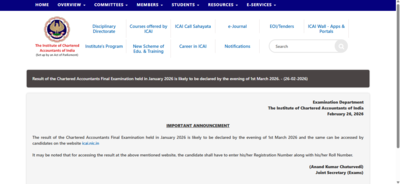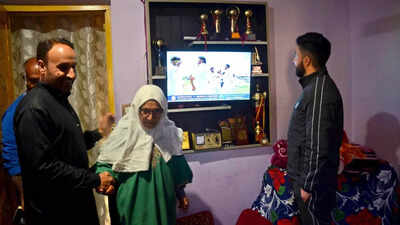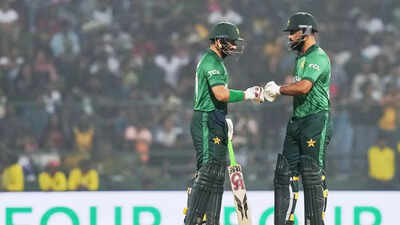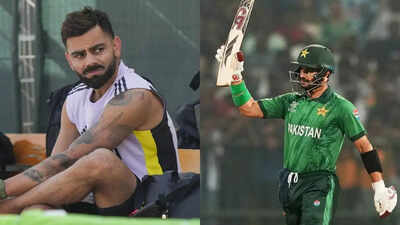India vs England: First time in history! Team India creates unprecedented Test record | Cricket News
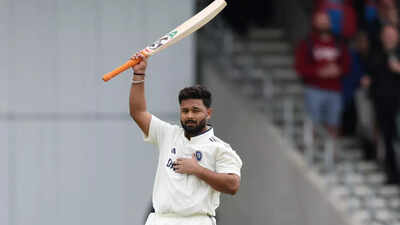
Team India scripted Test cricket history at Headingley Cricket Ground in Leeds, as they registered five individual centuries in a single Test match for the first time ever. The remarkable batting display has left England on the back foot, with India’s lead beyond 350 runs heading into the final stages. In the first innings, India’s top order turned the contest into a run-fest. Yashasvi Jaiswal led the charge with a well-crafted 101 off 159 balls, laced with 16 fours. Skipper Shubman Gill followed with a fluent 147 from 227 deliveries, striking 19 boundaries and a six. Vice-captain Rishabh Pant continued his rich form with a smashing 134 off 178 balls, hammering 12 fours and six sixes to power India to a formidable 471. England’s reply was equally gritty. A century from Ollie Pope (106) and Harry Brook’s entertaining 99 helped the hosts reach 465, trimming India’s first-innings lead to just six runs. Jasprit Bumrah (5/83) headlined India’s bowling attack in the first innings.
In the second innings, KL Rahul, who narrowly missed a fifty earlier, made amends with a crucial century. At tea on Day 4, Rahul was unbeaten on 120 off 227 balls, and ended his innings at 127 having steadied the innings after an early wobble that saw Shubman Gill depart for just eight. Pant continued his heroics, becoming India’s first wicketkeeper-batter to score twin tons in a Test — his second innings knock of 118 came off 140 balls, featuring 15 fours and three sixes. His partnership of 195 runs with Rahul strengthened India’s grip further on the game.
Poll
Which Indian player’s century do you think was the most impactful in the historic Test match at Headingley?
This landmark of five centuries in a Test has only been achieved six times in the format’s history and only once before by a touring side — Australia’s famous 1955 feat against West Indies in Kingston, where all five came in a single innings on the way to a mammoth 758/8 declared. This is the first time India has achieved the same.
